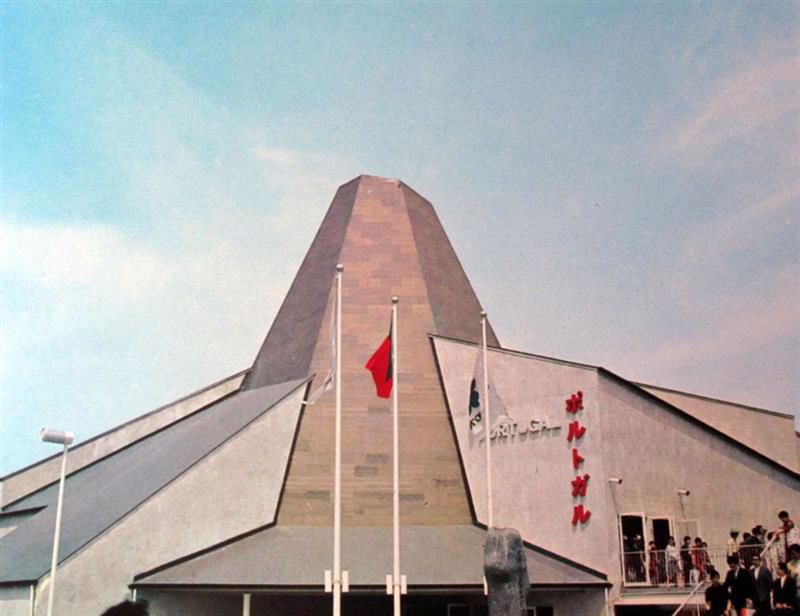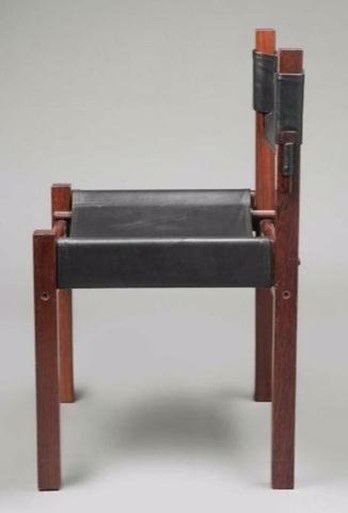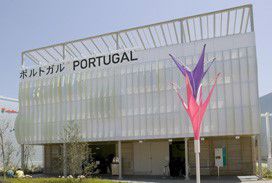
Portugal was present at Expo 70 in Osaka, Japan, with the theme 'The Portuguese in Japan and Japan in Portugal'. This event highlighted the history and culture of both countries and their relations over the centuries. The Osaka International Exhibition, with the theme 'Progress and Harmony for Humanity', featured a Portuguese pavilion designed by the architect Daciano da Costa.
The Portuguese pavilion included a replica of the monument on the island of Tanegashima, symbolising the friendship between Portugal and Japan since 1543 when Portugal was the first Western country to establish relations with Japan. The cultural exhibition featured a section dedicated to Portuguese history, with pieces of art such as Namban screens and firearms introduced by the Portuguese to Japan.
In the 'Portugal Today' section, slides of Portuguese children symbolised the country's youth. The second floor showcased industry, culture, education, and contemporary daily life aspects. Among the pieces on display was the OSAKA chair, made of rosewood and black leather and signed by architect and designer António Garcia.

Portugal Day celebrated on 24 August, saw the participation of 150 Portuguese artists, including Amália Rodrigues, who performed 'Namban Matsuri', a Luso-Japanese production with theatre, music and folklore. In the evening, a fireworks display lit up the Osaka sky.
Expo 70 was one of Portugal's many participations in world exhibitions, which began with the Universal Expo in Paris in 1867. In Japan, Portugal was also present at the Aichi World Expo in 2005, with a Pavilion conceived by designer Henrique Cayatte and architects Vítor Mestre and Sofia Aleixo.
History and the relationship between man and nature was its central theme. In 2025, Portugal will highlight its historical ties with Japan at the next exhibition in Osaka, reinforcing the sharing of knowledge and culture between the two countries.




